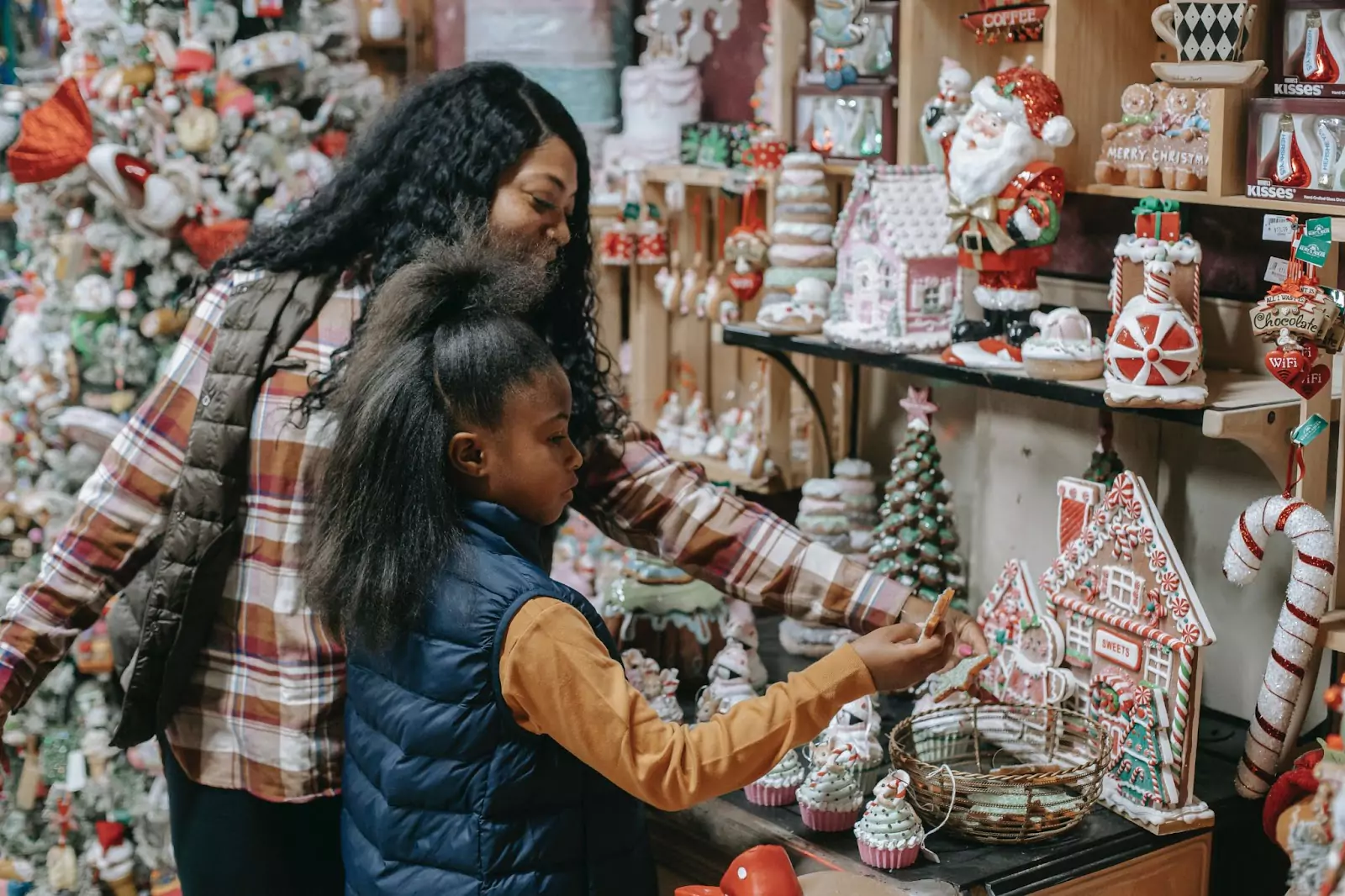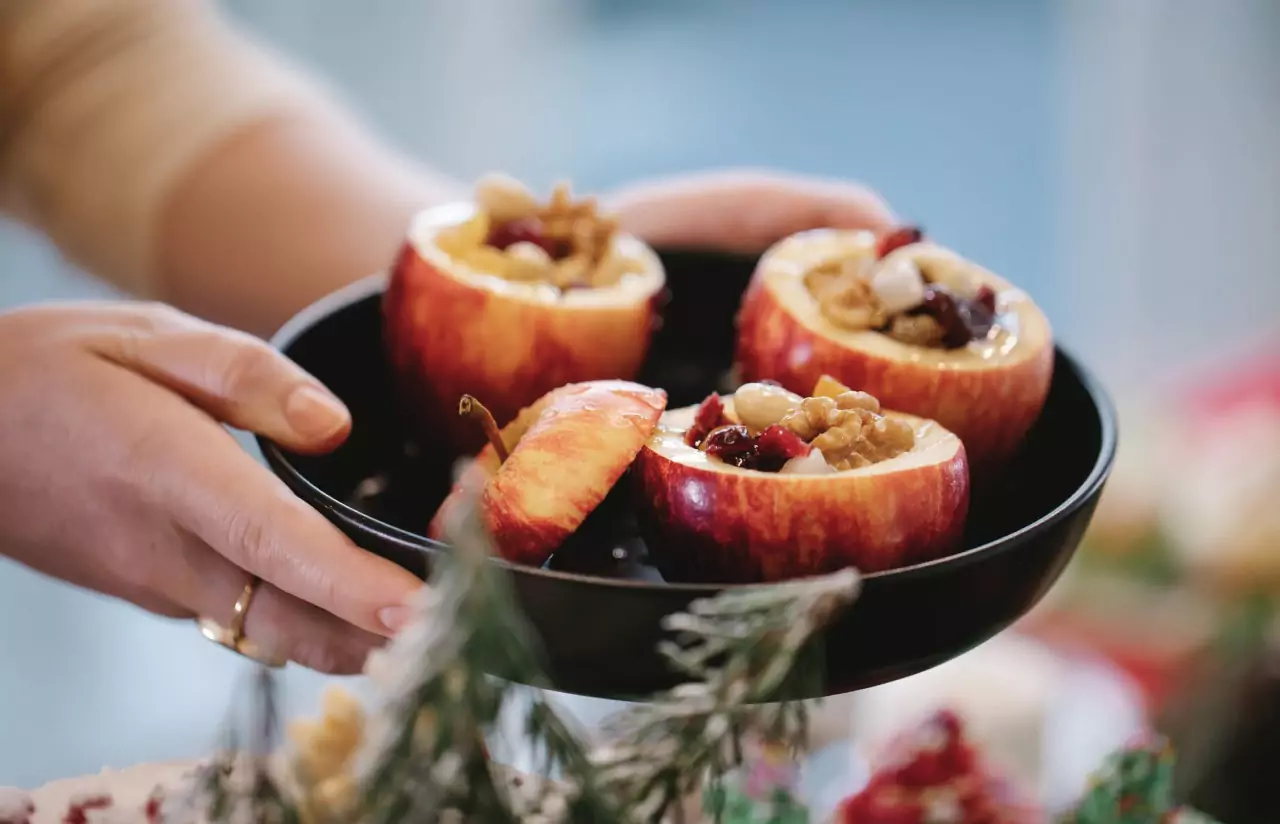Managing Your Mental Health During the Holidays

Key Takeaways
The holidays are a time of joy and good cheer, but they can also be overwhelming for some of us. In a NAMI (National Alliance on Mental Illness) study, 64 percent of people said that their mental health deteriorates around the holiday season. This time of year can also significantly impact those suffering or recovering from substance abuse and those with mental illnesses.
This isn't surprising because while the holidays are the busiest, brightest time of the year, they can be filled with stressful expectations. And they can be a lonely time of year for those far away from or not planning get-togethers with family and friends for whatever reason. For those living with a pre-existing mental health condition, the holidays can also increase feelings of anxiety and depression or trigger mental health episodes. After being isolated through most of last year (thanks to the coronavirus pandemic), you may feel overwhelmed and prone to more holiday blues than usual this year.
Remember that while it is the 'season of giving,' you also have to focus on self-care to make your holidays as happy and healthy as possible. It's important to put yourself first and set boundaries when it comes to social commitments and expectations. Here are a few ways to practice self-care during some common holiday situations.
Managing Social Pressure Around the Holidays

Spending Time with Family and Friends
Boundaries may be one of the most important things to have around the holidays. Prioritize your time with those who truly mean the most to you over the holiday season. Don't want to attend every get-together you've been invited to over the holidays? That's okay! Remember that it's perfectly reasonable to say "no" to things, even if you feel the pressure to participate around this time of year. Stretching yourself too thin will lead to stress. And you won't be at your best for the occasions you want to participate in if you exhaust yourself socially trying to attend everything.
When it comes to family members, differing opinions and lifestyles can be tricky. Families don't always see eye-to-eye, which may cause tensions to rise over the holiday season. So, it's essential to mentally prepare yourself to be in an understanding and empathetic place before visiting family. Other family members may be experiencing holiday stress too. They may not know how to communicate as graciously as they mean to.
You may not have control over the actions of those around you, but you do have control over how you let them affect you and how you treat those people in turn. Try to respond with love and empathy in sticky situations this holiday season. You may find that your mood (and theirs) becomes more loving and joy-filled.
Spending the Holidays Alone
Social pressure to participate in things can ruin your wellbeing this season. This may sometimes be because of a mental health condition that is making you isolate. But it can be because you're far from any family members you'd usually celebrate with or because the stress of the past two years is bubbling over. You're not yet ready to attend the big family gatherings you're expected to. If you find yourself spending the holidays alone, here are some tips to help if you are feeling lonely this holiday season:
- Plan phone or video calls with friends and family members.
- Spend your downtime participating in activities you love but don't usually make time for. Focus on making yourself happy this holiday season.
- If you're comfortable meeting new people, try volunteering this holiday season. You can make some new friends and make a positive difference during this time of year.
Grieving During the Holidays

We've all been through a lot lately, making an already stressful time of year even more so. For some of us, grief can add to the stressors we feel around the holidays. If you've lost someone recently, or this time of year reminds you of loved ones that are no longer around, it's essential to focus on health and wellness.
Grief is something we don't always have control over, and it's often going to evolve into new feelings around the holidays. It can pop up when we least expect it to because something reminds us of those we have lost. Remember that it's okay to let yourself feel those emotions as they pour in. While they may be hard to experience, it's important not to stuff them down. If you have trouble coping, joining a support group or getting in touch with a mental health professional or grief counselor may be a good idea.
Here are some other tips to help you cope with grief over the holiday season:
- Keep with tradition: Honor the traditions you celebrated with those you have loved and lost. This will allow them to live on through your holiday with you.
- Don't avoid your emotions: If you need to have a good cry, find a support group or shoulder to cry on, or let it out in isolation if that's easier for you. Do whatever you need to do to process emotions, and don't allow outside expectations to change your grieving process.
- Don't numb the pain: It can be tempting to isolate and find any way to dull the pain, but that can lead to unhealthy coping mechanisms and other health problems. Turning to just a little extra of a substance like alcohol may seem harmless if you don't have substance abuse issues. Still, there are associations between alcohol and depression, so it's helpful to be aware and careful of this. Some alcohol also contains a lot of sugar and can be high in carbs, so drinking too much of it could make your blood sugar spike. High blood sugar can lead to energy crashes and mood swings.
We’ve also got some resources and links to hotlines at the end of this article, so be sure to check those out.
Mental Health and Money

Money is always a factor during the holiday season. Gift-giving (though the perfect gift isn't always the most expensive!), travel expenses, and expenses associated with hosting holiday gatherings can put a dent in your wallet. So, even though the holidays are about traditions and time with loved ones, you can spend a lot of money even if you're trying to stick to a budget. Here are some tips for handling the stress surrounding money this season:
Create a Budget For Everything
- If you're traveling this season, try to anticipate and factor in any expenses. Set expectations with family and friends regarding activities that you're willing to spend money on. It's always okay to opt-out instead of spending money on an activity outside your budget.
- Don't overspend when you're looking for the perfect gift for friends and family members. Set a budget and buy meaningful gifts for the people you're spending the holidays with. Try making homemade gifts if you're crafty.
- Plan ahead before you shop and place intention behind the gifts you choose. This will help you stick to your budget and prevent impulse spending.
Practice Gratitude
- The holidays are the perfect time to be thankful for what you have. Find some time to reflect on what you have in your life and the things that you can provide others.
- Remember that no matter how big or small, loved ones will appreciate anything you have to offer. Your worth is not the size of your wallet!
A Note on SAD

You may also find yourself experiencing something known as seasonal affective disorder (SAD) during this time of year. It's a type of depression that you may also know as the winter blues, where you may experience more depressive episodes around the winter months of the year. Along with the usual symptoms like feeling low on energy and generally depressed of the specific symptoms of SAD during the winter months include:
- You may feel like it's challenging to get out of bed and tempted to oversleep during this time of year.
- You can have more carb and sugar cravings and find that you're overeating during the winter months.
- You can feel less like attending get-togethers and isolating more during this time of year.
- Feeling restless, agitated, and more anxious than usual.
If you experience any of these symptoms, it's best to find a support group and talk to a healthcare professional who can help you with treatment and coping mechanisms to help you out.
Staying Healthy This Holiday Season

It's easy to put your wellness on the back-burner during the holidays. But this holiday season, focus on putting your wellbeing first. Remember that by keeping your body healthy and your mind clear, you're giving yourself better tools to stay healthy, happy, and stress-free over the holidays. Here are some tips to help make your holidays as happy and healthy as possible:
- Stick to a healthy and well-balanced diet throughout the year, especially this time of year. Diets that are very high in carbs and sugars may negatively affect your mood and have been associated with common mental disorders.
- Since SAD can be influenced by your diet, make sure to add nutrient-dense and anti-inflammatory foods to your diet.
- Practice self-care with some relaxation. Prioritize taking time for yourself and checking in with how you're feeling. If you feel overwhelmed, try meditating, taking a hot bath or shower, or just going for a quiet stroll.
- Get plenty of exercise. Exercising will help with those pesky calories you may be adding to your diet during the holidays and stabilize blood sugar levels. It will also boost your mood and help you carve out some space for yourself during the holidays.
- A quick walk outside, especially if it’s sunny, can help boost your mood since vitamin D also plays a role in how you feel during the winter months.
Most importantly, know that it is okay to ask for help. That can be in the form of a friend or family member or a support group, or mental health professional.
Find the right Nutrisense programto turn insight into progress.
Go Beyond Glucose Data with Nutrisense
Your glucose can significantly impact how your body feels and functions. That’s why stable levels are an important factor in supporting overall wellbeing. But viewing glucose isn't enough. Nutrisense, you’ll be able to learn how to use your body's data to make informed lifestyle choices that support healthy living.
One-to-one coaching
Sign up to access insurance-covered video calls to work with a glucose expert: a personal registered dietitian or certified nutritionist who will help tailor your lifestyle and diet to your goals.
Monitor and measure what matters
With the Nutrisense CGM Program, you can monitor your glucose with health tech like glucose biosensors and continuous glucose monitor (CGM)s, and analyze the trends over time with the Nutrisense App. This will help you make the most informed choices about the foods you consume and their impact on your health.
Find your best fit
Ready to take the first step? Start with our quiz to find the right Nutrisense program to help you take control.

Amanda is a Nutrition Manager and Registered Dietitian, with a Masters in Dietetics from Stephen F. Austin State University. Originally from south GA, she got her undergrad degree from Texas Tech University. She worked at a hospital in Fort Worth, TX, for 4 years as a dietitian, counseling those living with HIV.




